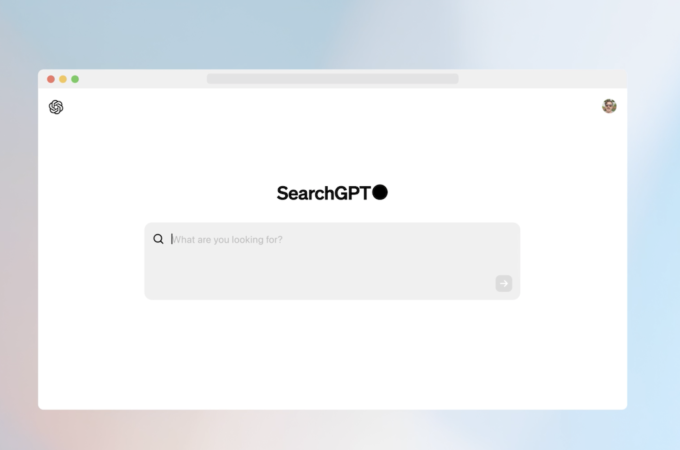
US Government Unveils Comprehensive Policy for Responsible AI Usage
In a significant move toward safeguarding public interests and ensuring ethical AI utilization, the White House has introduced a comprehensive policy directive aimed at federal agencies. Spearheaded by Vice President Kamala Harris, the initiative mandates that agencies must demonstrate that their artificial intelligence (AI) tools do not compromise the safety or rights of Americans, or else discontinue their use.
Under the directives outlined in the policy, agencies have until December 1 to establish specific safeguards for AI applications that could impact citizens’ rights or safety. These safeguards include measures to assess and mitigate the risks of algorithmic discrimination and provide transparency into the government’s use of AI. Notably, agencies must ensure that travelers retain the option to opt out of facial recognition screenings at airports without delays.
Furthermore, the policy emphasizes the importance of transparency and accountability in AI governance. Agencies are required to enhance public transparency by releasing annual inventories of their AI systems, including assessments of associated risks. Any AI tools exempted from compliance with the policy must be publicly disclosed, along with justifications for such exemptions.
To bolster responsible AI innovation and governance, federal agencies are directed to designate Chief AI Officers and establish AI Governance Boards. These measures aim to provide centralized oversight and coordination of AI initiatives within agencies, ensuring adherence to ethical standards and best practices.
The policy directive is part of the broader executive order on AI signed by President Joe Biden in October, which seeks to address the evolving risks and opportunities presented by AI technology. By promoting accountability, transparency, and responsible innovation, the government aims to harness the transformative potential of AI while mitigating associated risks.
In addition to regulatory measures, the administration is taking proactive steps to enhance the government’s AI capabilities. Efforts include the recruitment of 100 AI professionals by the summer of 2024 and the expansion of AI training programs across federal agencies.
The new oversight framework has garnered praise from civil rights groups and stakeholders, who view it as a critical step toward addressing concerns related to AI bias and privacy. By instituting robust safeguards and accountability mechanisms, the government aims to foster public trust in AI technologies and ensure equitable access to government services.
As the government continues to navigate the complexities of AI governance, collaboration between policymakers, industry stakeholders, and civil society will be essential to strike the right balance between innovation and accountability. By prioritizing ethical AI practices, the United States is poised to lead by example in promoting the responsible and equitable deployment of AI for the benefit of society.





